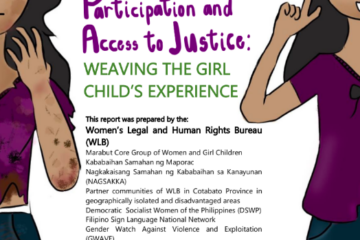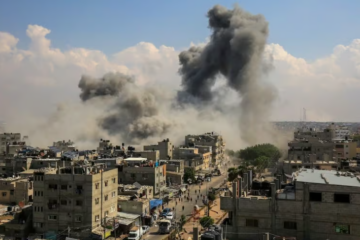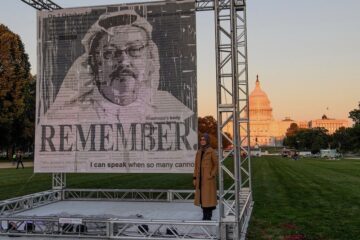I’ve been invited to be part of a panel of reactors in a session on Safe Whistleblowing at the World Forum for Democracy in Strasbourg, France on November 19. Below is the transcript of my 5-minute intervention.
My organization the Foundation for Media Alternatives is based in the Philippines, and we work on advancing rights and freedoms in cyberspace. We assist citizens and communities in the Philippines and in Southeast Asia —especially civil society organizations (CSOs) and other development stakeholders—in their strategic and appropriate use of the various information and communications media for democratization and popular empowerment. We’re also part of the Association for Progressive Communications, global network of advocates aspiring to use information and communications technology for social justice.
I’m usually optimistic with new technologies that aid human rights defenders work coming in developing countries such as the Philippines, but for the past few months’, we experience poor quality and slow Internet connection and it has been hindering activists to use anonymous platforms and even exchange encrypted files. Better to just meet face to face, right? And that has been the practice of whistleblowers in our country. Bad thing is, they have to talk/meet face to face with influential/credible people (sometimes politicians) for mainstream media to pick it up.
While I think anonymous platforms for whistleblowers are very important in a post-Snowden revelation age where people fear for their safety and security online & offline, we should not forget that safe whistleblowing entails a whole lot more than technology.
Whistleblowers need strong legal protections to protect them from retaliation and enable them to report offenses safely and freely.
Almost a month ago, Protection of Sources and Whistleblowers has been the topic of the report released by the UN Special Rapporteur on the promotion and protection of the right to freedom of opinion and expression David Kaye. The report draws a number of conclusions and urges States and international organizations to adopt or improve laws and practices – and to foster the necessary political and social environments – that provide genuine protection to sources and whistleblowers. Such protections should be adopted not only by governments but also international organizations such as the United Nations, or the Council of Europe.
Whistleblowers should be guaranteed confidentiality and the possibility of anonymity in their reporting. National laws protecting the confidentiality of sources should be adopted. Laws guaranteeing confidentiality must also reach beyond professional journalists, including those who may be performing a vital role in providing wide access to information of public interest such as bloggers, “citizen journalists,” members of non-governmental organizations, authors, and academics, all of whom may conduct research and disclose information in the public interest. Protection should be based on function, not a formal title.
I do agree that whistleblowing is an important ingredient of democracy. It is a measure to balance power. In our part of the world which is Asia Pacific, we are still faced with challenges, lack of democratic governance, no trasparency, andpublic participation, freedom of information not guaranteed. Whistleblowers, although generally frowned upon by feudal Asian societies as it counters norms, has historically (or herstorically) been helpful in exposing undemocratic practices like corruption. We also assert that whistleblowers are human rights defenders too.
The Whistle blowing platforms that were presented today I’m sure, if implemented and tweaked based on the realities and contexts of the people they wish to support, will help expand democratic space. It’s also good to note that, with an anonymous platform, one will just focus on the content of the exposè and not the person exposing. One shouldn’t and wouldn’t care if that person is a member of the LGBTQI community, or a troubed past, so long as this person sent a truthful and useful document.
Alongside promoting anonymous whistle blowing technologies, we should also collectively struggle for governments to respect everyone’s right to privacy online and fight against the circumvention of whistleblower anonymity by monitoring electronic communication or requesting private information from intermediaries.
![]()



0 Comments